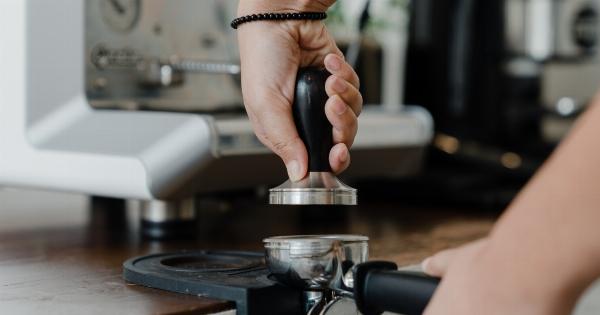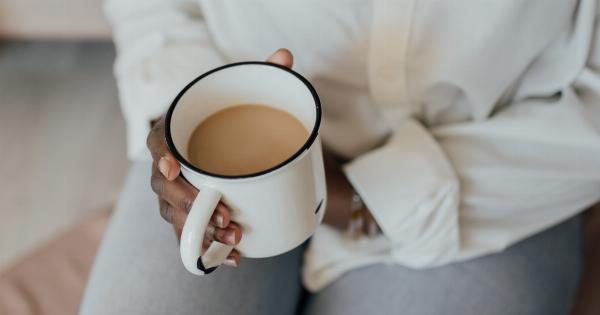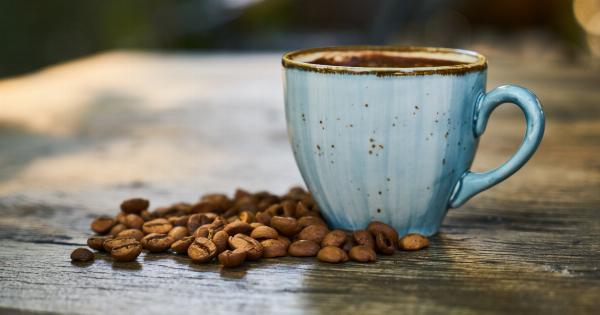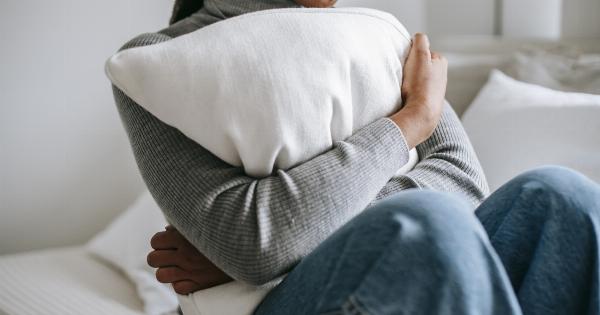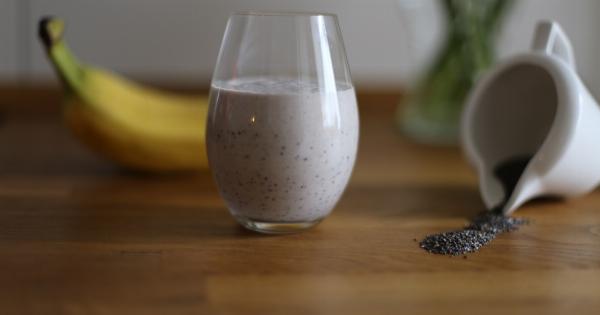Insomnia is a sleep disorder that affects millions of people worldwide. Difficulty falling asleep or staying asleep can have a significant impact on overall health and well-being.
While various factors can contribute to insomnia, including stress, anxiety, and certain medications, diet also plays a crucial role. The foods we eat can either promote a good night’s sleep or hinder it. In this article, we will explore some insomnia-causing foods and why they should be avoided.
Caffeinated Beverages
Starting off with a well-known culprit, caffeine is a stimulant that can interfere with sleep. Its ability to increase alertness and delay sleep onset makes it important to limit or avoid caffeinated beverages, especially in the evening.
Coffee, tea, soda, and energy drinks are common sources of caffeine. It is advisable to consume these beverages in moderation and preferably before noon to minimize their impact on sleep.
Alcohol
While alcohol may initially induce drowsiness, it can negatively affect sleep quality. Consumption of alcohol can disrupt the natural sleep cycle and lead to fragmented and restless sleep.
It can also increase the likelihood of waking up during the night and experiencing difficulty falling back asleep. It is best to limit alcohol intake, particularly closer to bedtime, to promote uninterrupted and restorative sleep.
Spicy and Acidic Foods
Spicy and acidic foods can cause indigestion and heartburn, which can make it difficult to fall asleep and stay asleep.
These foods can lead to discomfort and pain in the stomach, chest, or throat, making it challenging to find a comfortable sleeping position. Common culprits include spicy curries, chili peppers, citrus fruits, tomatoes, and vinegar-based dressings. It is advisable to avoid consuming these foods close to bedtime to prevent digestive disturbances that can disrupt sleep.
Sugary Treats
Sugary treats such as candy, cookies, cakes, and desserts can lead to a spike in blood sugar levels. This sudden rise in blood sugar is followed by a drop, causing a rollercoaster effect that can negatively impact sleep.
The fluctuation in blood sugar levels can disrupt the body’s natural sleep cycle and lead to waking up during the night. Opting for healthier snack alternatives that are low in sugar can help promote better sleep.
High-Fat Foods
High-fat foods can take longer to digest, leading to discomfort and indigestion. This can disrupt sleep and make it difficult to fall asleep or stay asleep.
Foods high in saturated and trans fats, such as fried foods, greasy meals, and fatty cuts of meat, should be avoided, especially in the evening. Opting for lighter and more easily digestible options can contribute to a more peaceful and uninterrupted sleep.
Processed and Fast Foods
Processed and fast foods are often high in unhealthy fats, salt, and sugar. They lack essential nutrients and can negatively impact overall health, including sleep quality.
These foods are typically low in fiber and high in refined carbohydrates, leading to blood sugar spikes and subsequent crashes. Additionally, the high sodium content can lead to fluid retention and discomfort, further impacting sleep. Prioritizing a balanced diet with whole, unprocessed foods can improve both overall health and sleep.
Heavy or Spicy Evening Meals
Eating heavy or spicy meals in the evening can prompt indigestion and heartburn, making it challenging to lie down comfortably and fall asleep.
The body needs time to digest these types of meals properly, and going to bed with a full stomach can lead to discomfort and disrupted sleep. Opting for light, easily digestible meals in the evening can promote better sleep quality and overall well-being.
Excessive Fluid Intake
While it is essential to stay hydrated throughout the day, consuming excessive fluids near bedtime can lead to frequent trips to the bathroom during the night. Waking up to use the bathroom disrupts sleep and makes it difficult to fall back asleep.
To avoid this, it is advisable to limit fluid intake, especially in the hours leading up to bedtime.
Chocolate
While chocolate is undoubtedly delicious, it contains caffeine and can also be high in sugar. These factors can make it problematic for sleep, particularly if consumed in the evening.
Dark chocolate, although healthier in moderation, still contains stimulants that can interfere with sleep. It is best to enjoy chocolate earlier in the day or opt for caffeine-free alternatives if craving a late-night treat.
High-Protein Foods
While protein is an essential nutrient, consuming high-protein foods close to bedtime can hinder sleep. Protein-rich meals, especially those high in red meat, require more energy to digest and can cause discomfort.
Additionally, they can increase the body’s metabolism and raise core body temperature, making it more challenging to fall asleep. If consuming protein in the evening, lean protein sources like poultry, fish, or plant-based proteins are recommended.


